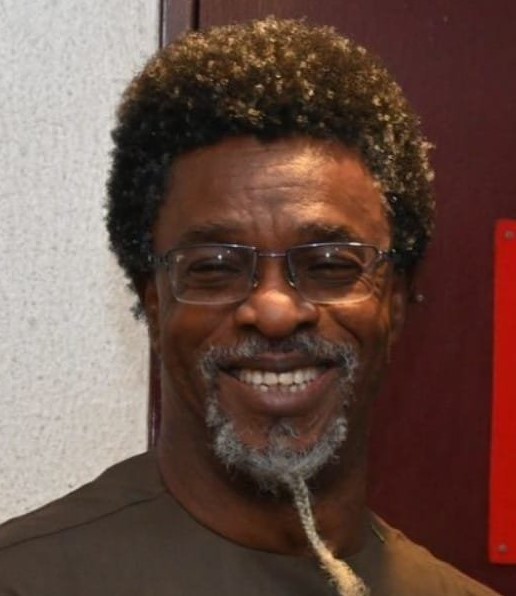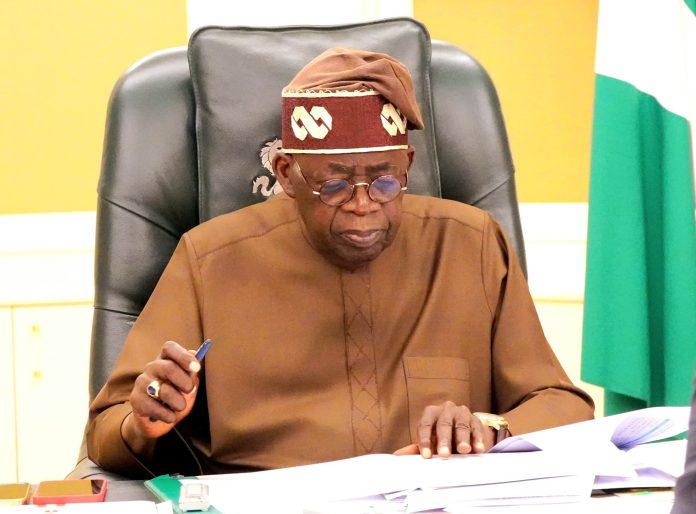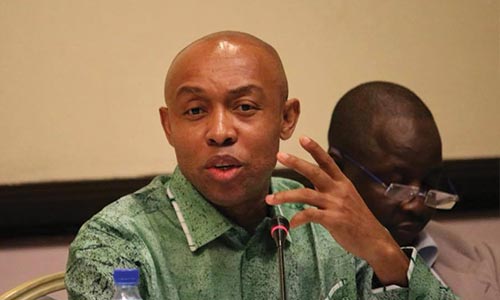The author in this piece, explores the Nigerian government’s response to the public’s new nickname for President Tinubu, “T-Pain,” analyzing how emotional reactions drive political responses and questioning the administration’s approach to dissent.
Mark Manson (“Every Thing Is F*cked”) argues that “For every action, there is an equal and opposite emotional reaction.” From this vantage, the “State House” response to some Nigerians calling President Bola Ahmed Tinubu “T-Pain” was to be expected. The cease-and-desist warning issued by the state house last week was itself, unwittingly, from a position of pain.

It gave vent to the federal government’s discomfort that despite the president’s best intentions for the country and his best efforts (remember that he was so tired from these efforts that he had only just returned to work from a furlough) at realizing these intentions, the payback from key sections of the people he leads if this new nickname has any meaning at all, is to hold him in further derision.
Beyond this first take, the state house’s response to the president’s new nickname reaches much further than the causal connection between reactions and their equal and opposite feedback. Since assuming office, the Tinubu government’s gut response to dissent and opposition has been as good, if not better, than any of the military governments we have had since independence.
“The cease-and-desist warning issued by the state house was itself, unwittingly, from a position of pain.”
Our current government has tried to squelch strikes called by civil society groups and labor unions to protest deteriorating living conditions. It has threatened charges of treason against domestic entities perceived to disagree with it. In other words, it has not acted, thus far, as if its mandate derives from the electorate.
Ironically, the “T-Pain” sobriquet is an emotional reaction to a bucket of stimuli. The pains that the Nigerian people have been through in the last year are rivaled only by the ones much older citizens went through in the mid-1980s – when we had to queue for “essential commodities” when poor queuing etiquette was rewarded most rabidly by jackbooted soldiers, and when the call to the people to tighten their belts, as part of a national program of economic austerity continued to ignore the fact that the last hole in the average Nigerian’s belt was as close to the buckle as the laws of biology and physics permitted.
“Ironically, the ‘T-Pain’ sobriquet is itself an emotional reaction to a bucket of stimuli.”
The Tinubu government could have made a more convincing case around both the stimuli it was reacting to in the design of its policy responses and the nature of the reactions themselves. Indeed, it could have successfully made two such cases. The first case, which is that it inherited economic mayhem, is readily made. Between President Muhammadu Buhari and CBN Governor Godwin Ifeanyichukwu Emefiele, fiscal and monetary policy gumption was observed in the breach years before Mr. Tinubu took office.
The transmogrification of a policy intended to drive electronic financial transactions into one that completely denied the economy of cash may have been the most stupid of what was then advertised as a new homegrown heterodoxy. Yet, it was but one chapter in a very ugly tome. After eight years of this madness, coming into office would always be hard. The central bank’s dollar coffers were barer than Old Mother Hubbard’s cupboard. The national exchequer was no better – before accounting for the debts and contingent obligations that the two previous joint managers of our macroeconomic space had added.
Attempts to fix this problem were still going to be more challenging. But to soften the popular response to the hardships that were on the cards, the federal government simply needed to let the people know how bad things were, what fixes it was going to implement, the time horizons for these fixes, and how much displacement in living standards the people were going to have to bear.
“The knee-jerk response of the incumbent federal government is that of an unelected junta, and not that of a democracy.”
Over the last 12 months, we have learned that only governments that feel accountable to the people do such things. As has become painfully clear, the knee-jerk response of the incumbent federal government is that of an unelected junta and not that of a democracy.
If the Tinubu government’s understanding of its relationship to the people were that of an elected government accountable at elections, then it would understand that if the “State House” can warn Nigerians not to address our president after a particular fashion, it means the “State House” can also insist that we address him far more ingratiatingly. Whichever way you look at it, Enver Hoxha would have been delighted by the “State House” – straight out of George’s “1984”!!!
The opinions expressed in this article are strictly those of the author and do not necessarily align with the views of JolibaLive News! or any of its staff members. The author is in no way associated with this online news blog.
Comment, Like 👍, share this article, and Follow us on our social media handles.








